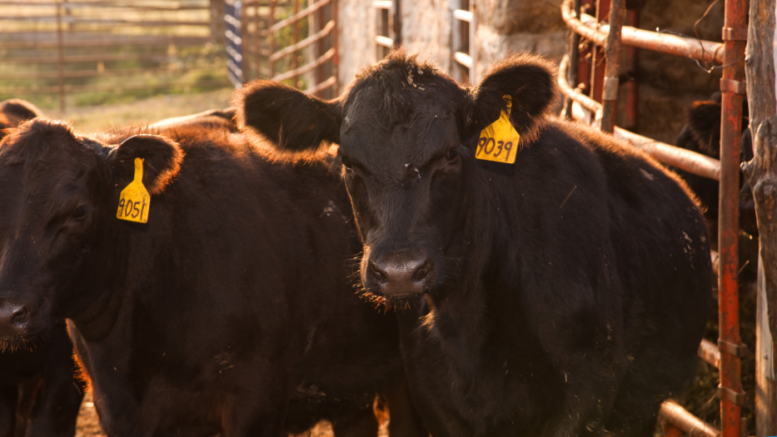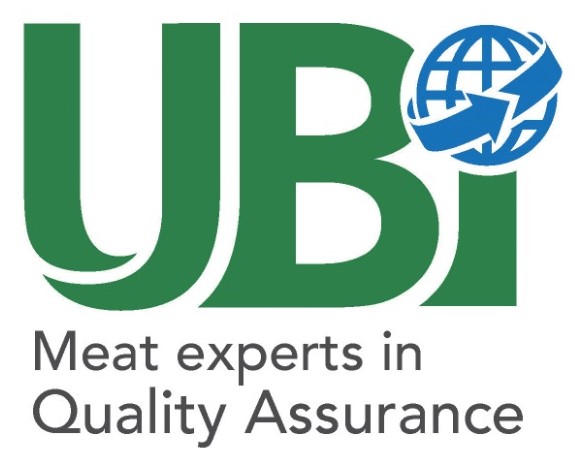Meet the Food Fraud Police

Ever wonder what exactly is going into your food? It turns out you’re not the only one. And there plenty of incentives for counterfeiters to imitate the foods that you love — popularly known as “food fraud” — and sell them to you to eke out an extra (unfair) profit
by Steven Suthiana – Grit Daily
It’s illegal, of course, but that doesn’t deter counterfeiters. And up to three quarters of seafood in lovely Canada is probably not what you think it is.
In response to those alarming stats, at least one group of ingenious tech nerds at Canadian company, Trustbix, cobbled together a way to ensure food “traceability” — that is by tracking disease, contamination, anti-microbial resistance, or “provenance” of the food. Grit Daily caught up with Hubert Lau, one of the brains behind the operation while conferencing at Tech Beach Bermuda at the Hamilton Princess Resort. Let’s let the information harvest begin.
“Today there is mandatory book-end traceability in Canada on food animals from farm of origin to the point of harvest”

Hubert Lau ( Grit Daily )
GD: For the uninitiated, what is behind the Trustbix name?
Hubert Lau: We are not overly creative in our names. When we worked with the Canadian Cattlemen Association to privatize the Beef InfoXchange System (BIXS), we registered a new company as a joint venture. We couldn’t figure out a great name but on all the legal documents, our lawyers needed a placeholder for the new company name. They called it “BIXSco” based on the similar practice of calling a private company, “PrivateCo”, and a public company, “PubCo.” One day, we thought, “BIXSco” sounds good and asked what everyone thought. Next thing we knew, the company was named BIXSco Inc.
As we were in the process of amalgamating our different companies to go public, we needed a new name. We all got together and bounced around some ideas. We wanted to be the trusted neutral party of traceability and sustainability data. So we not-so-creatively came up with TrustBIX. And BIX now stands for Business InfoXchange.
GD: Also for the uninitiated, how is food “traced” now?
HL: Today there is mandatory book-end traceability in Canada on food animals from farm of origin to the point of harvest. Currently in Canada these animals are tracked by an RFID chip in a small round ear tag, that each animal is required to be tagged with to be transported, sold or harvested. Once the animal is harvested and the carcass is fabricated, or transformed into meat, it is the responsibility of the packer/processor to use their own inventory system to be able to link the meat back to the original animal.
In the crops sector there is no national traceability system in Canada, nor is there in the greenhouse or vegetable production sectors. Nor is there mandatory traceability in the dairy sector for milk and or milk products, but the dairy animals are still subject to the national traceability regulations.
There are numerous, niche, vertically integrated food producers and processors that can track a small volume of a certain food product. This is the exception not the rule.
Without full traceability we have no ability to track disease, contamination, anti-microbial resistance, or provenance of the food. Food fraud results.
GD: Why should consumers care?
HL: Most people know about tax fraud and identity fraud. Did you know there’s food fraud?
A US study found a substitution rate of 57% in meat products, in Britain 2/3 of takeout ham-and-cheese pizzas are neither ham nor cheese, and Canadian research claims that approximately 25-75% of all seafood products sold in Canada are mislabeled or counterfeit. Most of us from Western countries think this is an issue in areas such as Asia but it’s not the case!
How do we know what we are eating is what we think we are eating? Therefore, when you have organic food, are you sure? How about anti-biotic free or Halal? Food fraud runs amok.
On a different point, when people say don’t eat beef because they are bad for the planet, do you really know why? Did you know that in Canada, we have the very first Certified Sustainable Beef Supply Chain? TrustBIX is the technology that tracks the claim by companies such as McDonald’s Canada.
What you might also find fascinating is that this claim is not just for the retailers’ benefit. All the producers who helped raise the sustainable cattle are rewarded with a financial benefit. This too is a first for producers, to receive money from retailers as a recognition of the great work that the producers do every day. As a consumer, how would you feel if you knew that the Angus burger you ate at McDonald’s Canada is not only a great source of protein but also the animals were well cared for, it was raised in a way that is sustainable to the planet, it was good for the community and all the custodians of the animal shared in its financial reward?
GD: How does Trustbix actually make money?
HL: Currently, for BIX services, the retailers and wholesalers are the ones who pays us to help them create the value for their products.
We also have software and hardware products that customers in the beef and pork industry uses. For example, we provide the management software to about 80% of the Canadian and about 60% of the US cattle auctions. We also have software to manage feedlots. In China, we provide a carcass grading system to some of the largest pork processors. They use our grading to help set the price between the buyer and the seller of the pork. All the pork processing plants in Canada also use our grading system.
Originally published by Grit Daily – Steve Suthiana is the President and Chief Digital Officer
